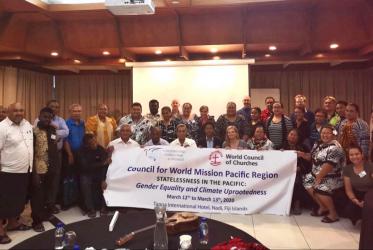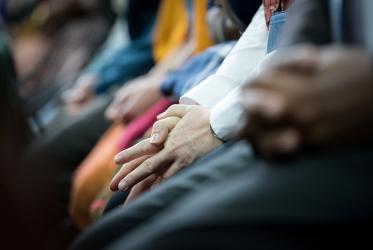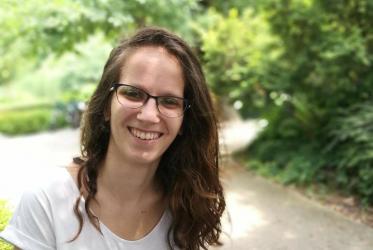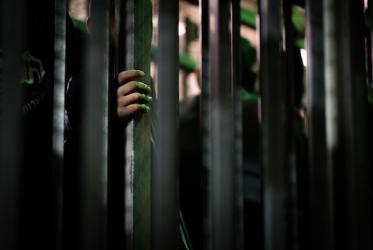Displaying 61 - 80 of 303
Churches should use their voice on climate change
26 February 2020
On International Human Rights Day, WCC’s work is ever-present
10 December 2019
WCC pressing ahead with disarmament work
28 August 2019
Religions for Peace calls for "shared well-being”
26 August 2019
WCC celebrates life of Archbishop John Habgood
18 March 2019










